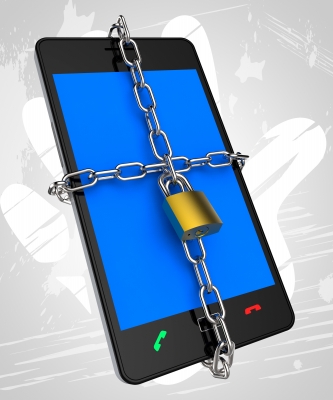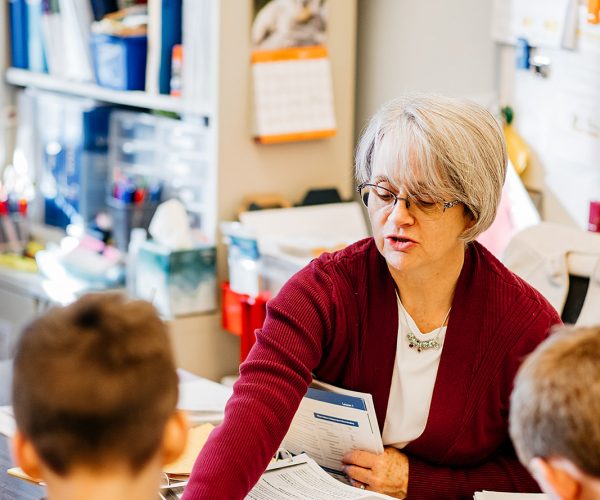
Calming the Chaos: Parents of 7th to 12th Graders Share Their Concerns
May 1, 2015
How DO You Eat an Elephant?
May 14, 2015
Modern technology has made our lives so much easier. We can communicate quickly with someone through text or a one-sentence email. We can dictate reports instead of using the keyboard. Our children can look up solutions to math problems and watch someone work the problem online, read original newspaper accounts of historical events or do research on a topic for an essay.
As wonderful as technology can be, it also interferes with finishing homework and getting enough sleep at night. Students, as we know, can get into trouble by sending inappropriate pictures and messages. Some parents feel uncomfortable monitoring online activity, especially when their child has not given them a reason to be concerned.
Students with ADHD, however, have difficulty prioritizing work and sleep over other more interesting pursuits. They are subjected to peer pressure just like other teenagers and might not think before hitting the “send” button when texting or emailing. The parents who came to Springer School and Center to discuss their challenges in parenting a 7th to 12th grader had no hesitation about checking up on their children. Several parents required that their student surrender all devices during homework time and at bedtime. They discovered that students were sending and receiving messages or playing games while they were supposed to be sleeping. It was taking their children a long time to do their homework because they were constantly monitoring email or text messages. Grades went down because assignments were incomplete or the student failed to study for tests.
Most of the parents at the session knew their child’s passwords and pass codes on cell phones and iPads and checked devices regularly for problem content. If the parent found objectionable pictures or content, the phone or device was confiscated for a few days. After all, the device actually belongs to the parent. Parents also monitored the applications on the devices. They have an agreement with their student that any additions have to be approved in advance. Just an awareness that an adult is monitoring online activity can be enough to help the student think before hitting the “send” icon. Most of the parents reported that devices are banned during family meals at home and in restaurants.

How do you monitor your teenager’s use of social media? What suggestions do you have for other parents?
Blogger Mary Ann Mulcahey, PhD, shares her expertise in assessment and diagnosis of learning disabilities and ADHD, and the social/emotional adjustment to those issues. If you have questions, please contact Mary Ann at .
Image courtesy of Stuart Miles at FreeDigitalPhotos.net



